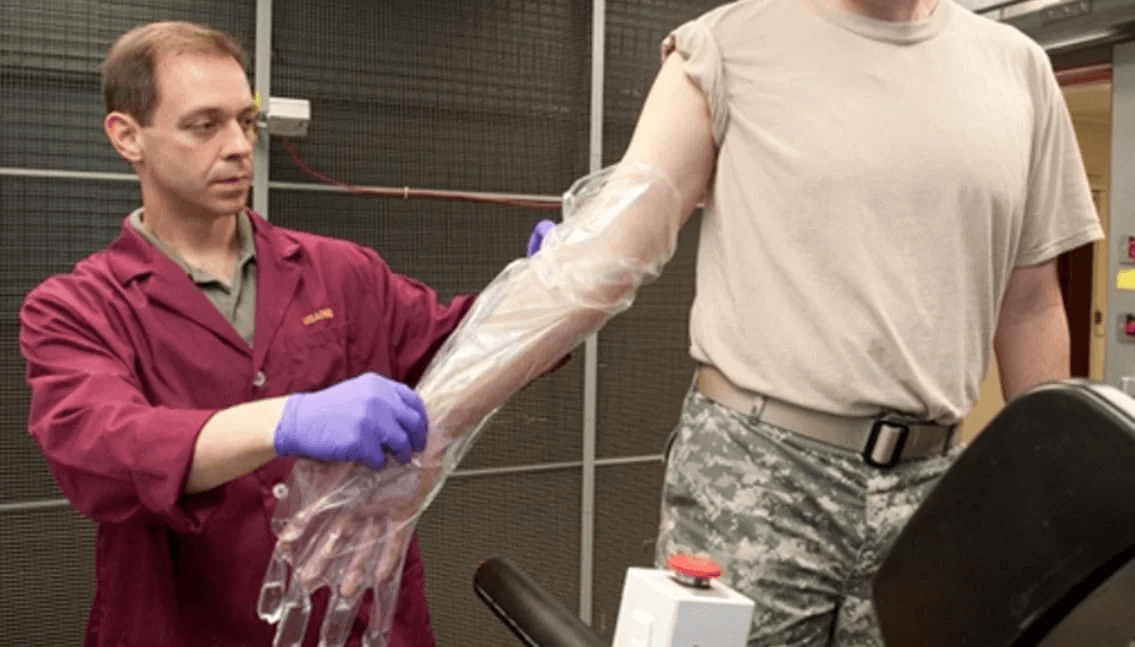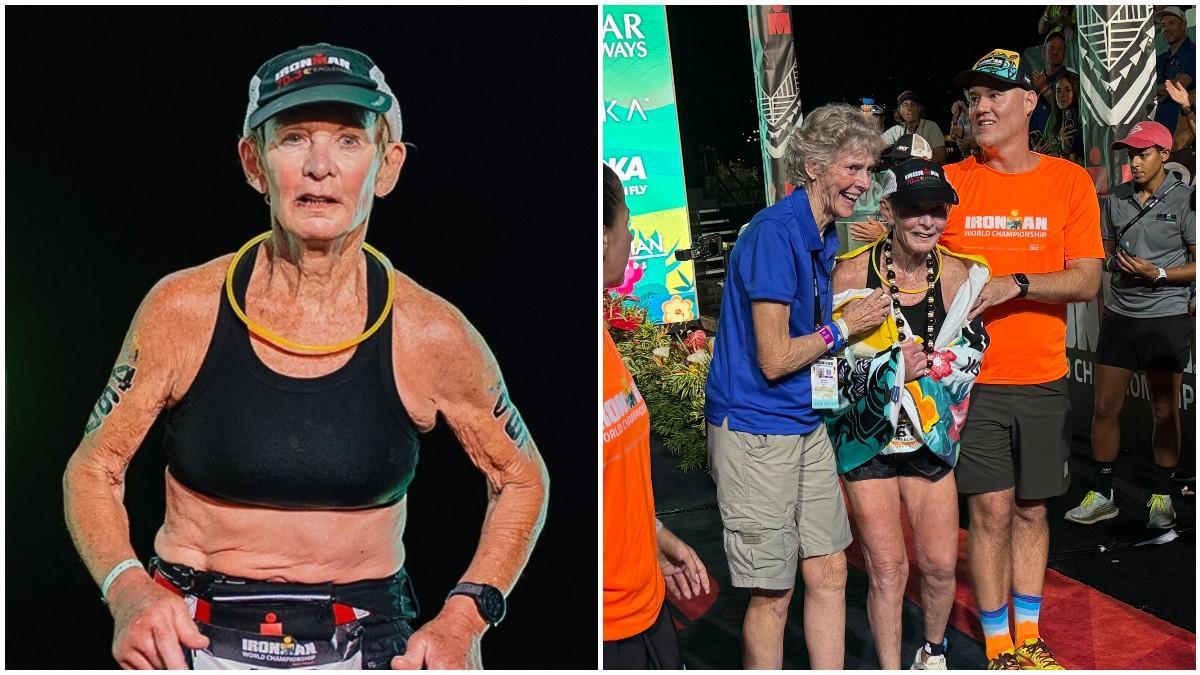Running with a heart rate monitor isn’t just for pros it’s one of the smartest ways to train smarter, avoid burnout, and unlock your full potential. Here's how.
I’ve circled back to heart rate monitor training recently and for good reason.
While I used one religiously during my first marathon prep a few years ago (thanks to a coach who lived and breathed HR and power thresholds), it had been gathering dust until recently.
Now that I’ve strapped it back on, I’m reminded just how valuable this tiny piece of tech can be for runners at any level.
Let’s break down why running with a heart rate monitor might be one of the smartest moves you can make.
1. Learn How Different Efforts Actually Feel
Think you’re nailing your long runs? Not if you’re accidentally running them at your 5K pace.
A heart rate monitor can help you understand your training zones and align your effort with your goal whether it’s endurance, speed, or recovery.
Slower running teaches your body to burn fat and build stamina, while faster efforts tap into glucose and boost speed.
Both have their place, and learning to differentiate them is key.
2. Understand How Your Heart Reacts to Real-Life Conditions
Heatwaves, hills, hydration (or lack of it), hormones, poor sleep these all affect your heart rate.
Training through summer heat while wearing a heart rate monitor was eye-opening for me. It clearly showed how my body works overtime just to cool itself down, even when I thought I was taking it easy.
Learning to adjust expectations based on heart rate instead of pace has helped me stay consistent and avoid burnout when conditions aren't ideal.
3. Track Real, Tangible Progress
Running is a cardiovascular sport at its core. And when your fitness improves, your heart lets you know: you’ll be able to run faster while keeping your heart rate lower.
That’s progress in black and white, and it’s incredibly motivating to watch unfold.
4. Avoid Overtraining and Train Smarter
Ever wonder if your easy days are actually easy?
Many runners push harder than they think, which can stall recovery and sabotage gains. A heart rate monitor forces you to keep your effort in check on recovery runs so your body gets the rest it needs to come back stronger.
Smart training = stress + recovery.
Skipping the second part is a fast track to plateau or worse, injury.
5. Discover How You Tick
Are you the runner who always goes out too hot? Or maybe you start too slow and take forever to warm up? Maybe you just always run at the same pace.
Heart rate data gives you insight into your personal habits and tendencies.
For me, I’ve learned my body doesn’t hit its rhythm until a few miles in.
My heart rate is all over the place at the start, and I used to think something was wrong. Now I know it’s just part of my warm-up, and I’ve learned to be patient with myself.
Why I’m Back to Heart Rate Training Now
Lately, my running has felt unpredictable thanks in part to hormones, stress, and metabolic shifts.
Some days I’m cruising; others, a super-easy pace feels impossibly hard. On one of those frustrating runs, I ended up walking mid-run just to catch my breath.
Later, my Garmin data confirmed I’d pushed too hard even if it felt easy at the start.
That was my wake-up call.
I’ve started using my heart rate monitor again to avoid these misfires. Now, I pay more attention to how I’m actually feeling, not how fast I think I should be running.
Seeing feedback that my body is still adapting even when my runs feel rough is incredibly reassuring.
These days, my heart rate monitor is like a coach on my wrist, keeping me grounded, helping me adjust expectations, and reminding me that rest days, slow runs, and self-compassion are all part of the training puzzle.
Best Heart Rate Monitor for Beginners
If you're just getting started with heart rate training and want a reliable, no-fuss monitor that delivers accurate data, the COROS Heart Rate Monitor is a fantastic pick.
It’s lightweight, comfortable to wear, and pairs easily with most running watches and apps.
The auto-wear detection and long battery life make it super convenient for daily use, and the optical sensor technology gives you consistently accurate readings without needing a chest strap.
It’s a perfect entry point for any runner wanting to take training to the next level.
.webp)





